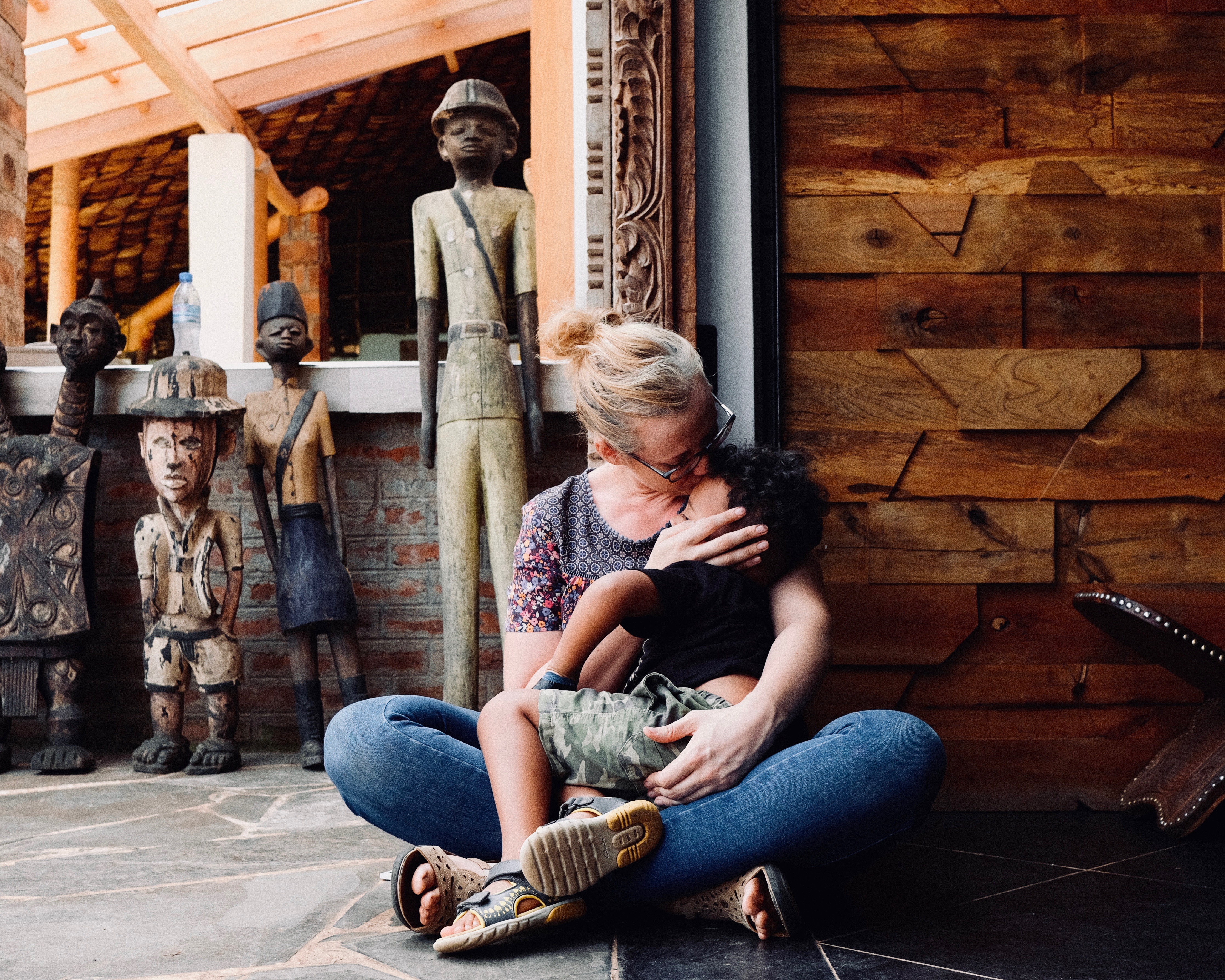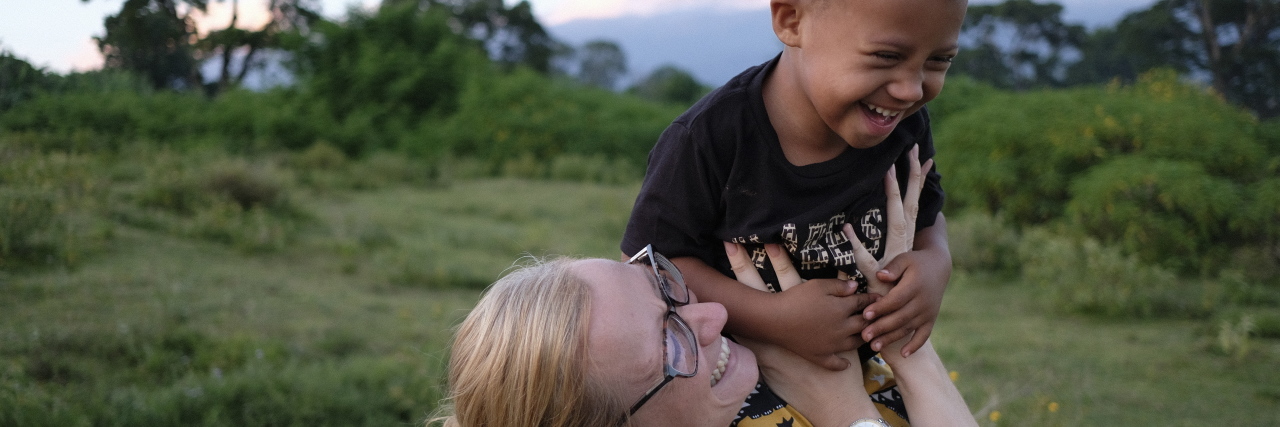I never look at my son River and think life’s unfair. I never look at him and wish he was different, and I never look at him and feel sorry for him. Down syndrome doesn’t make me feel pity for him, as he has a wonderful life. Having Down syndrome does not make his life bad — far from it.
But what is unfair for River is that from the moment he was born, he has had to prove his worth. And that goes for any other child with a disability. From birth they are valued by their capabilities and how “normal” they are. The are judged by how similar to their peers they are, by how fast they reach their typical milestones, by how close they are to society’s expectations of what a child “should” be like.
A typical child gets to go to school, yet our children have to prove they’re capable.
A typical child gets to go to swimming lessons, yet our children have to prove they can cope.
A typical child gets to go to dance class, yet our children have to prove they can keep up.
A typical child gets to go to football club, yet our children have to prove they are able. And on it goes — for the rest of their lives.
If you don’t have a child with a disability, just imagine how that feels for parents who do. To know that we can’t just decide to enroll our children in extra activities, we have to inquire whether they are welcome and fight for their place.
Imagine how it feels to know that our children’s worth is based on how much they act like yours.

Any child can not be good at something and that is totally normal. Any child may want to be an amazing dancer, yet have no rhythm. Any child may want to be an amazing footballer, yet have two left feet. Any child may want to be a scientist, yet may not be academically gifted enough. Any child may want to be an artist, yet not be creative. That’s life. But the difference is that most children still get the chance to try, or work at it until they progress.
Our children are often written off immediately, as soon as the words “Down syndrome” are mentioned. It is just assumed that our children can’t, when in reality with a little encouragement and support, they almost certainly can.
Stand up for your friends who have children with disabilities. Welcome them and include them into any groups you may run or be a part of. Have their backs when they get knocked back and once again get told there is no place for their child. Put yourself in their shoes and be the friend they deserve and very much need. We are all stronger when we have inclusion.

